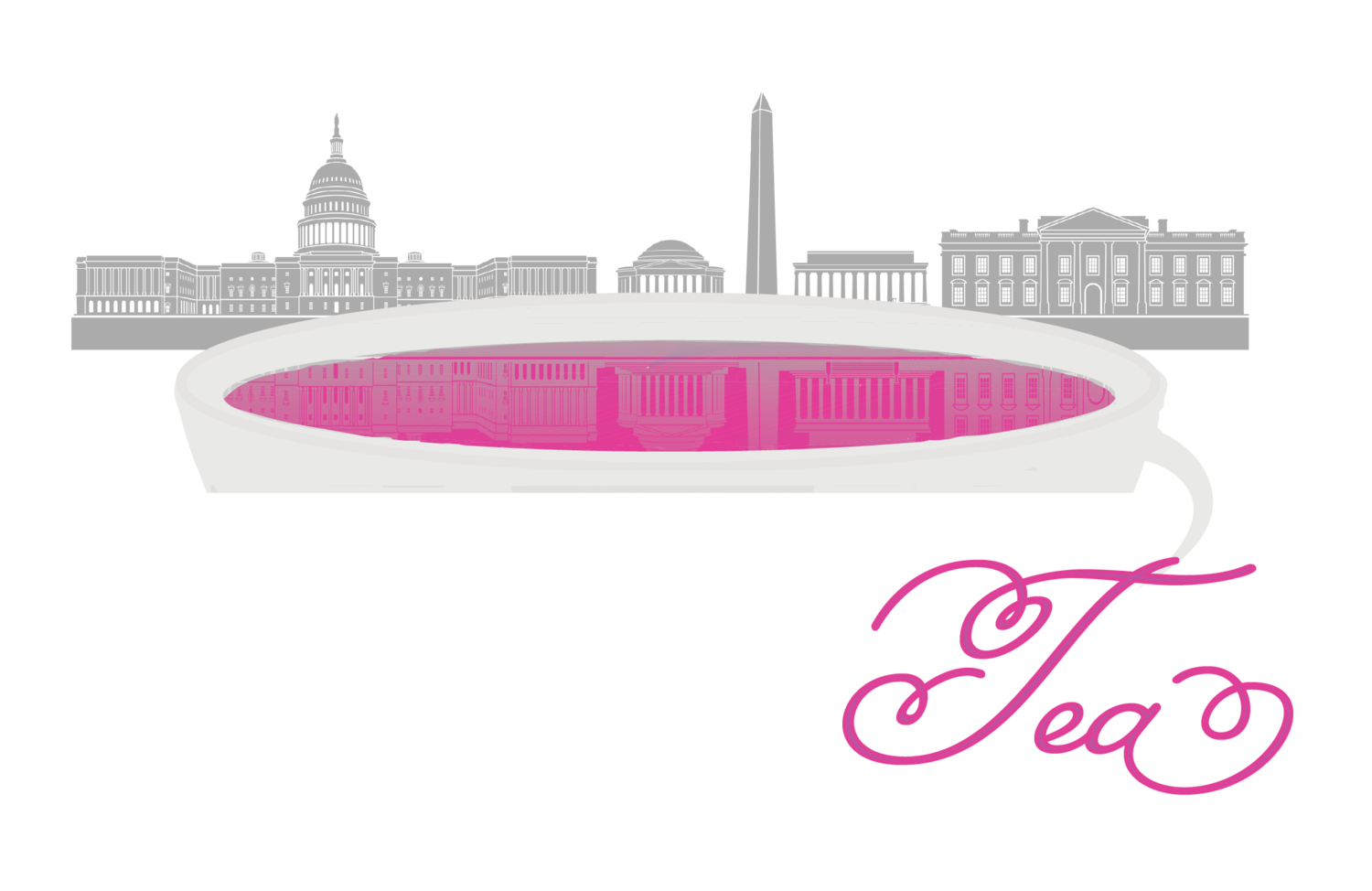Women's March Takes the NRA
By: Ariel Wodarcyk
Led by the very diverse organizers of the Women’s March, hundreds of protesters gathered on Friday to prepare for an 18-mile march from the National Rifle Association (NRA) headquarters to the Department of Justice.
Saturday's march, photo via CNN
The #NRA2DOJ march came about after the NRA released an inflammatory video ad which Women’s March organizers felt enforced a violent police force vs. protesters (particularly protesters of color) narrative. In the video, NRA national spokesperson Dana Loesch villainized peaceful protests such as those held by the Black Lives Matter movement and the Women’s March itself. Protestors were portrayed as menacing threats that needed to be dealt with, rather than as marginalized communities fighting to preserve their rights.
After the video was released, Women’s March co-president Tamika Mallory published an open letter asking the NSA for the three things. Mallory first called for the gun lobby to remove the “irresponsible and dangerous propaganda videos”, and then to publicly apologize for the false, fear mongering content depicted in their videos. Mallory also challenged the organization to issue a public statement defending Philando Castile's right to carry a licensed gun after he was gunned down by police officer Jeronimo Yanez. For an organization that has rushed to defend white gun owners’ Second Amendment privileges, the NRA has maintained hypocritical silence when it comes to protecting carriers of color.
In response to Mallory’s letter , the NRA posted yet another video —this time attacking Mallory personally, and also taking aim at other well-known protesters. By signaling out Mallery and other leaders, the video opened the subjects up to increased digital and IRL harassment. “Again, the video pushes the false idea that our movement is somehow a violent threat to the public’s safety,” Mallory wrote for Time Magazine’s Motto . “It makes those who speak out and protest vulnerable to violence and aims to silence us and weaken the power of our collective voice.”
Before Saturday’s march began , civil rights lawyer and activist Nekima Levy-Pounds read the crowd a statement from Philando Castile’s mother. She was later joined by Brandon Wolf , survivor of the Pulse nightclub shooting massacre and vice president of The Dru Project , an LGBT+ rights organization dedicated to Pulse victim Drew Leinonen. On Friday morning, protesters reached the Department of Justice, where a peaceful vigil was held to honor those lost to gun violence.
If the NRA won’t speak on the loss of black and brown lives due to gun violence, nor fight to uphold the Second Amendment rights of people of color the same way they will for white weapon carriers, it’s up to grassroots movements like the Women’s March to propel this battle forward.




